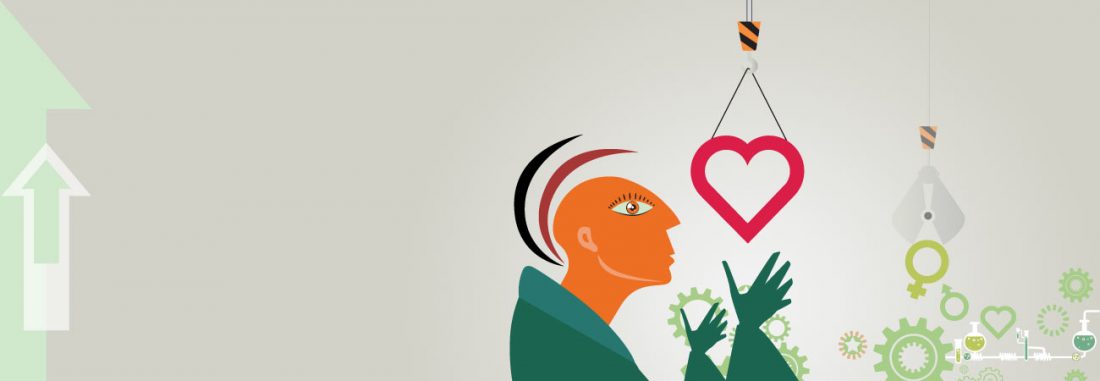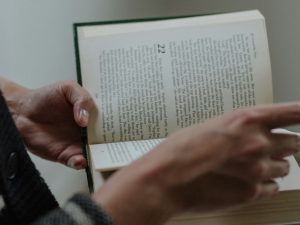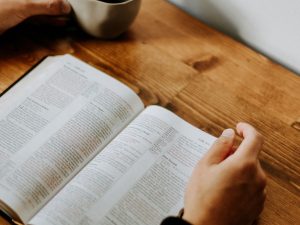Ferrell Irvine fought through family anger and developed an Alcoholics Anonymous-based workshop for The Salvation Army.
Ferrell Irvine sat in a bar at 19 watching everyone dance. She wanted to be part of the group, but was terrified of making a fool of herself. Then someone handed her a beer.
She grew up in a middle-class Christian family in Chicago, Ill., but her parents both had a secret: they drank, heavily.
“I carried with me my father’s demanding perfectionism,” Irvine said. “I don’t remember anything about forgiveness and mercy. In my relationship with my mother, she could be quite blaming, so I grew up believing I made her drink, and caused dad’s heart attacks.”
Ferrell escaped family life to attend college and study physics. But it was there that she first started to drink, heavily. She maintained passing grades and began working in a psychiatric unit where she discovered a passion for psychology. She later completed a master’s degree in psychology.
“What terrified me was that I was like my mother,” she said.
Ferrell opened her own psychotherapy practice in Chicago, and a patient who attended Overeaters Anonymous (OA) introduced her to the 12-step program. She started going to OA, and on a 12-step retreat said she met Jesus in a new way, sitting in front of his picture.
“I have no idea what I need,” she remembered thinking. “I heard his voice say, ‘Follow me and I’ll meet your every need.’ So from then on it was a done deal.”
She took her last drink in 1982. Soon after, her mother became ill and Ferrell cared for her in her last six months.
“God gave me that time and it changed me completely,” Ferrell said. “I was able to show mercy. She didn’t change, but I was completely changed. You can work through your anger and your hurt toward people, but you’re not completely healed until you can love them.”
Following her mother’s death, Ferrell developed a special interest in the problem of shame, and was one of the first to write about the subject. In her own life, she was learning how to overcome the shame of her youth.
In 1991, she moved to New Zealand, and set up a bio-energetic practice in Wellington and Christchurch. She met Major Harold Hill, then corps officer at The Salvation Army Wellington City Corps, who asked if she could work with people through the Army. Ferrell turned the challenge back on him and his staff, after observing that they were “workaholics” and could also use the 12-steps.
Instead of baulking, Hill and eight colleagues met with Ferrell for two years, working through the steps.
“There were many insights and moments,” Hill said. “But for me one of the big things was realizing that you can be a Salvation Army officer who works too much, or an officer who cops out, but really you’re both reacting to the same thing. They are just two different management systems to deal with fear or anger.”
The pair developed a 12-step workshop based on the original Alcoholics Anonymous model but specifically targeted to The Salvation Army, for anyone who wants greater personal and spiritual freedom for themselves or those they minister to. Since 1996, hundreds officers, Salvationists, cadets and others have participated, working through the steps.
“People make changes in the seven-day workshop, that will usually take two years in regular therapy,” she said.
Ferrell said she enjoys helping people find freedom.
“Today, shame doesn’t run my life, and last time it tried, I laughed out loud,” she said. “I’m pretty alive and I have a very deep faith in the God who loves me.”











